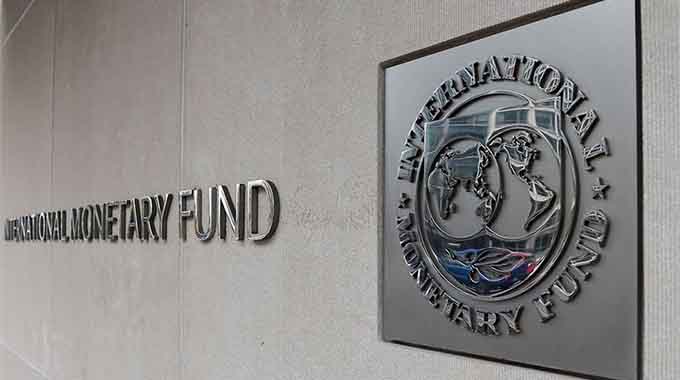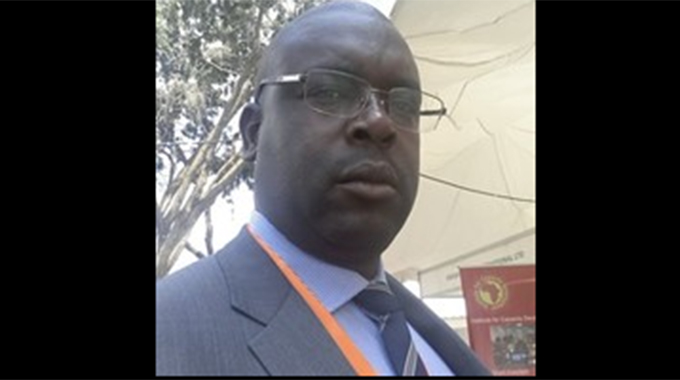EDITORIAL COMMENT : IMF must not be used for national political goals

Generally speaking the international financial institutions such as the International Monetary Fund and the World Bank perform critical work under well-defined mandates, rules and regulations to keep the world economy stable and liquid, and to accelerate infrastructure development across the developing world.
Much of this work, including sometimes some quite radical measures such as the grant of extra special drawing rights to all IMF members during the worst of the Covid-19 pandemic and its associated lockdowns, has widespread support and is largely non-controversial.
Once the experts have worked out the details, the final votes are more like a rubber stamp.
Unfortunately, this non-partisan and non-sectarian stance sometimes breaks down and what amounts to pure political decisions, and national political decisions at that, which have little to do with economics and development, are made.
This is possible because members of these institutions have their votes weighted according to their shareholding.
So if you have 17,43 percent of the shares in the IMF, as the United States does, you have 16,5 percent of the votes. The match is very close to one share one vote, but not exact. Zimbabwe, for example, is fairly typical of the middle band of African countries with 0,15 percent of the shares and 0,17 percent of the vote.
This weighting of votes, a sort of one dollar one vote system, usually makes some sort of sense, on the basis that those who put up the money have the most say, and usually can take a more leading role.
For some decades, for example, the head of the World Bank has been an American citizen, with the US President usually giving three names for the rest to choose one although sometimes just one name is put up.
The same convention sees the head of the IMF being a European, these days for all practical purposes a citizen from one of the European Union countries in the Eurozone.
On the other hand there are no vetoes, and while the United States was totally dominant just after the Second World War, its share percentage has been gradually falling as other countries take up a greater burden and while it is still easily the largest shareholder in these organisations its shareholding and voting rights are now all below 20 percent.
But it is still the largest elephant in the room and there has among the straight-forward decisions made on technical grounds according to standard rules a strain of political pressure at times in some circumstances.
The latest is the loan of US$15,6 billion to Ukraine, after the rules were changed to allow loans to countries facing “exceptionally high uncertainty”.
It still needs to be confirmed, but to have reached the present stage means that the votes are there. It might need the votes of the US and a double handful of its allies, but with the American big vote that is possible.
Now if the United States and a group of its allies offered a US$15,6 billion low interest loan to Ukraine people could complain, people could say it was not helpful, and taxpayers in those countries could take it up with their elected Governments.
But no one could say that the small group of countries had no legal right to lend money to whom they wished. They are sovereign states and can spend their taxes as they like, or at least according to their own constitutions.
But what they are doing with the IMF, and apparently other global finance institutions are to be approached as well, is quite different and quite wrong.
They are lending other people’s money, without the agreement of those other people, and almost certainly against the wishes of those others, for purely national political reasons. They even used their muscle to change the rules to let them do this.
That process of using economic muscle for purely national political purposes within an international organisation stinks.
The money they want to lend is partly backed by their shareholdings but includes other people’s shareholding.
Russia, for a start, has a little under 2,6 percent. Then there are the big group of neutrals, led by China, the third largest IMF voter with 6 percent.
These pure national political decisions are not without precedent. The US led sanctions against Zimbabwe, triggered by land reform and set in their ZDERA law, command the US representatives with the international financial organisations to vote against any assistance in funding or terms for Zimbabwe and to seek support from allies to advance that pure national political policy.
This is national politics by the biggest voter, not technical decisions according to the rules of these organisations.
Without the political decisions, Zimbabwe might still have had problems accessing new money at one time, but would also have been eligible once we convinced the technical officers that we were serious about reforms for the sort of restructuring and other support we need to accelerate faster.
It is a fact that the only country that can play national politics in these organisations is the US, despite its slowly diminishing but still very large percentage vote.
This use of economic muscle to achieve national political goals in global financial institutions is an anachronism. Part of the problem that allows this is the fact that shareholding and voting changes are slower than changes in economic reality.
It seems daft, for example, that China, at least the second largest global economy and depending on how you do the sums perhaps the largest, still has an IMF vote of just over a third of the US vote.
These organisations probably need to move faster to ensure that their shareholding and voting structure reflect the real world and as countries develop their influence grows.
This has been happening, which is why Japan at number two in the IMF and Germany at number four have those positions, when they were bombed-out defeated countries under occupation when the IMF and World Bank were set up.
But as we move towards a more equal world the curiosity of a single country, or even a small group, dominating the world will be further eroded.
And this latest Ukraine decision shows the need for that, to make it impossible for a few countries to use an international organisation to pay for their national political goals and policies.










Comments